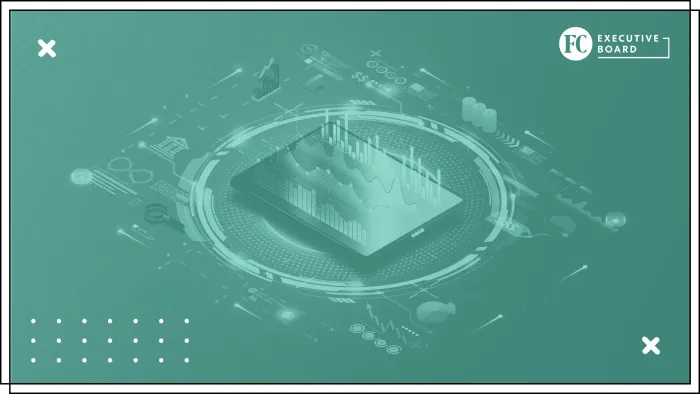
.
Image: Getty Images
For today’s CFOs, the only thing more dangerous than financial risk is a rigid mindset. The modern office of finance isn’t operating on legacy timelines or with outdated tools—so why are so many CFOs still measuring success like it’s 2005?
To lead in this era, CFOs must redefine what risk looks like, modernise the metrics that matter, and use technology not just to automate, but to elevate.
Financial leaders are still relying on backwards-looking reports that focus on profit and loss, cash flow, and shareholders’ equity. They are playing defence in a game that demands offence. Automation, AI, and digital intelligence now make real-time visibility not just possible—but expected.
Automated tools allow finance teams to see their daily position, not just month-end snapshots. AI models interpret that data instantly, surfacing predictive insights that empower faster, smarter decisions—whether that’s managing liquidity, optimising working capital, or forecasting in volatile markets.
But with that speed comes a new breed of risk: data accuracy, system reliability, and the strategic implications of automation. The game has changed—and the stakes are higher.
Risk is no longer just about credit and liquidity. Risk is now tied to the digital infrastructure of the finance function. Real-time financial data makes a tempting target for cybercriminals. Regulatory pressure is intensifying. Macroeconomic variables—from inflation to geopolitics—are rewriting forecasts overnight.
Today’s finance leaders are navigating a landscape where every new innovation, automation, AI, cloud platforms—brings both competitive advantage and new vulnerabilities. The very tools designed to accelerate growth and efficiency can also magnify exposure, meaning CFOs must balance bold transformation with equally bold risk management.
If your KPIs are still centred on cost containment and historical performance, you’re missing the point. Finance today is about agility, resilience, and forward momentum. Success needs to be measured accordingly.
Modern KPIs must reflect this shift:
These metrics don’t just measure performance—they shape strategic decision making.
Embracing new KPIs is only part of the solution. CFOs must also fortify the finance function for long-term resilience. That means:
And most critically, building a culture of adaptability—where change isn’t feared, but expected and thoughtfully planned.
The role of the CFO is more pivotal than ever. But leading through complexity requires more than new tools—it demands a new mindset. One that embraces speed without sacrificing scrutiny, and innovation without ignoring risk.
The finance leaders who thrive won’t just adapt to change—they’ll define it.
ABOUT THE AUTHOR
Darren Heffernan, CEO, Trintech, has spent over 30 years in finance and operational roles driving innovation in the technology space. Read Darren’s Executive Profile.
